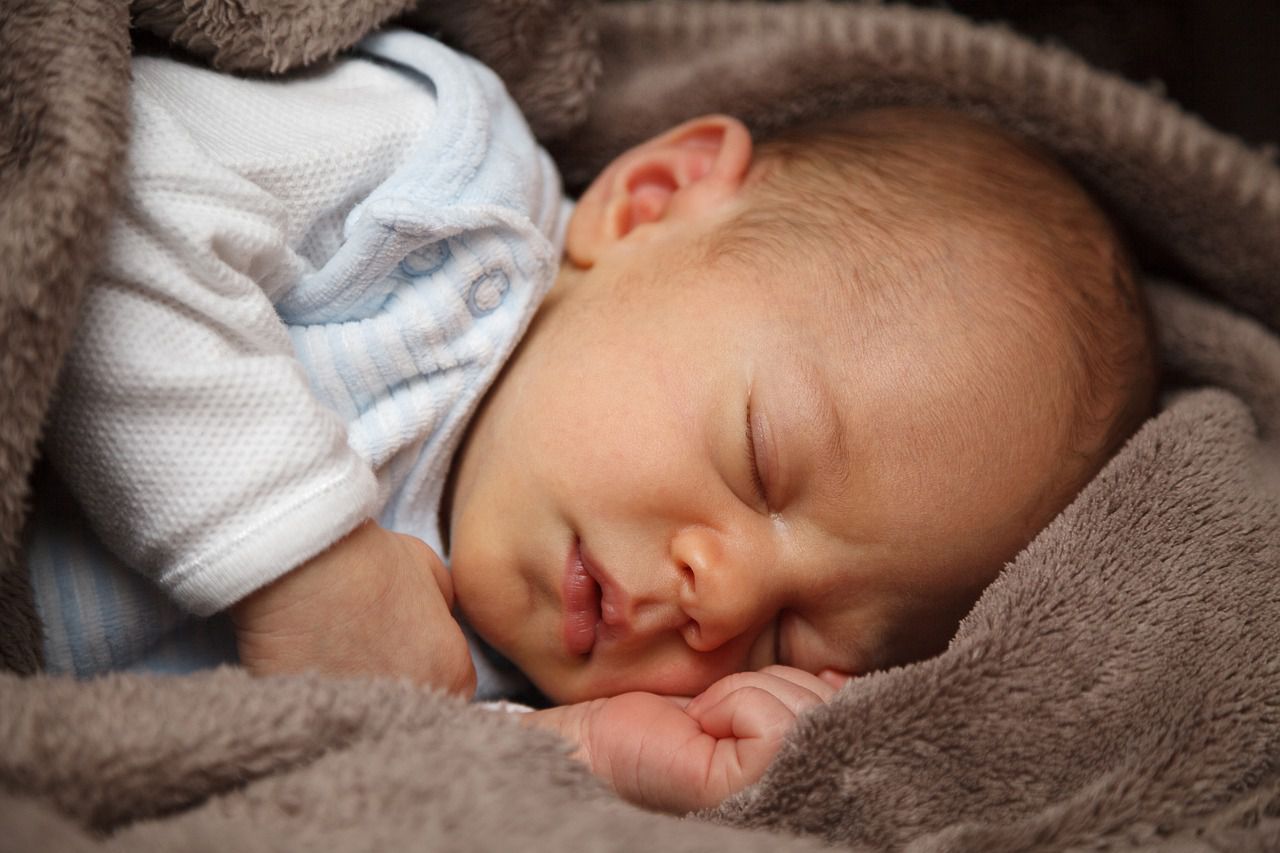Mystery of infant's consciousness: A new study
Researchers have discovered evidence that suggests babies may have some form of conscious experience from birth, and possibly even late in pregnancy.
This discovery has significant implications in the fields of medicine, ethics, and possibly law.
The study argues that a baby's developing brain is capable of conscious experiences by the time they are born.
More about the experiment
These experiences could leave a lasting impact on their understanding of themselves and their environment.
Understanding infant consciousness has been a mystery for years.

Specialists explain that although most people have wondered what it's like to be a baby, infants can't recall their early experiences.
The research team used recent advances in consciousness science to provide a new info on when it may first appear.
In adults, certain markers from brain imaging help distinguish consciousness from its absence.
Why it's important
This is the first time these markers have been examined in infants to assess their consciousness.
The findings show that babies can integrate sensory and cognitive responses into coherent conscious experiences, enabling them to understand others' actions and plan their own responses.
Additionally, the study sheds light on what it's like to be a baby. It reveals that babies have less mature vision compared to hearing.
They are aware of fewer things than adults at any given time and may take longer to understand their surroundings.
However, they can process a wider range of info, such as sounds from different languages, more easily than adults.



